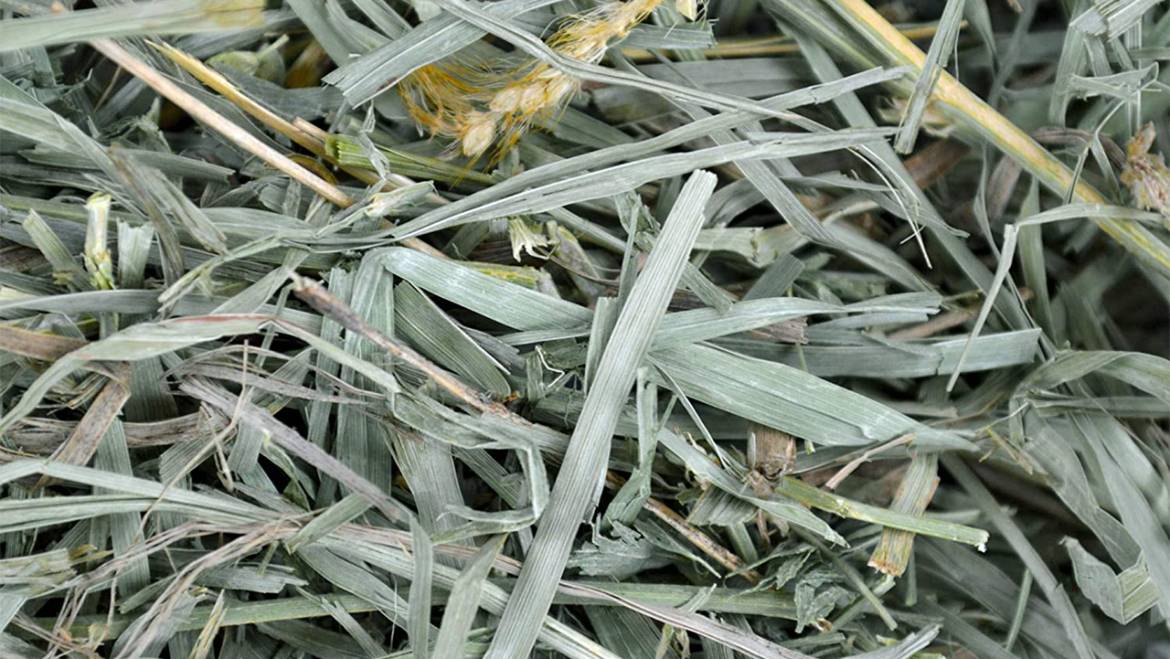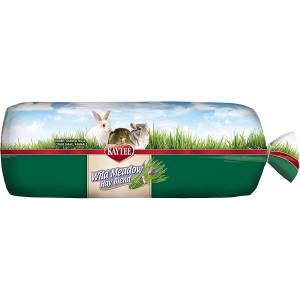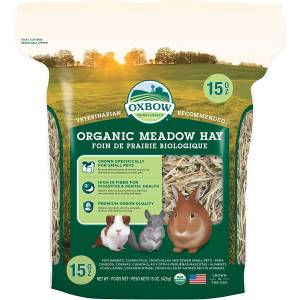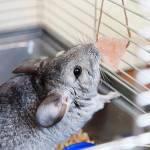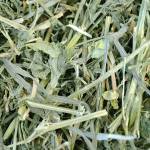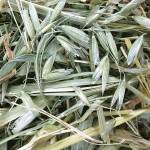Meadow hay is a popular choice for chinchilla owners as it provides a rich source of fiber and essential nutrients for their pets. This type of hay is made up of a variety of grasses, herbs, and wildflowers that chinchillas would naturally consume in the wild. In this article, we will provide a comprehensive guide to meadow hay, including its nutritional benefits, top brands, drawbacks, and how to choose and store it properly. Whether you are a seasoned chinchilla owner or just starting, this guide will provide valuable insights into incorporating meadow hay into your chinchilla’s diet.
What is Meadow Hay?
Meadow hay is a type of grass hay that is commonly fed to small herbivores like rabbits, guinea pigs, and chinchillas. It is made up of a variety of grasses and herbs that grow naturally in meadows, including ryegrass, fescue, clover, and timothy. Meadow hay can vary in color and texture depending on the region where it is grown and how it is harvested, but high-quality meadow hay should be green and fragrant with a soft texture that is easy for animals to chew and digest. Meadow hay is a nutritious option for small herbivores, as it is high in fiber and low in protein, fat, and calcium. It can provide essential nutrients to help maintain healthy digestion and dental health in herbivores.
Benefits of Meadow Hay for Chinchillas
Meadow hay, like timothy hay, is an excellent source of fiber for chinchillas. Fiber is essential to their digestive health and helps to keep their teeth healthy by providing them with something to chew on. Chinchillas are herbivores and need to have hay available to them at all times. It helps to keep their digestive system moving and also serves as a source of enrichment for them.
Drawbacks of Meadow Hay for Chinchillas
While meadow hay is an excellent source of fiber for chinchillas, it does have a few drawbacks. One of the most significant drawbacks is that it can be less consistent in quality than timothy hay. Meadow hay can vary in quality based on the type of grasses that were harvested, the weather during harvesting, and the storage conditions. As a result, you may need to spend more time and effort selecting high-quality meadow hay than you would with timothy hay.
Another drawback of meadow hay is that it can sometimes be harder and more abrasive than timothy hay. This can cause more wear and tear on your chinchilla’s teeth and potentially lead to dental problems if not monitored closely. However, this can be mitigated by ensuring your chinchilla has plenty of chewing toys and rotating between different types of hay to vary their diet.
Selecting the Best Quality Meadow Hay
When selecting meadow hay for your chinchilla, you want to make sure that it is fresh, green, and free from mold or dust. The hay should have a sweet, grassy smell, and the strands should be thin and flexible. Avoid hay that is yellow, brown, or has a musty smell. These are signs that the hay is old, has been exposed to moisture, or has been stored improperly. Also, make sure to check your hay for any debris.
Storing Your Chinchilla’s Meadow Hay
Once you have purchased your meadow hay, you want to make sure that it is stored properly to ensure that it stays fresh and free from mold. Store the hay in a dry, cool, and dark place. If you have a large quantity of hay, you can store it in a large plastic container with a tight-fitting lid. Alternatively, you can store it in a hay bag or rack.
Top Brands of Meadow Hay for Chinchillas
There are several top brands of meadow hay available for chinchillas. Here are a few that we’re familiar with:
Nutritional Breakdown of Meadow Hay
Meadow hay is an excellent source of fiber, vitamins, and minerals for chinchillas. Here is a breakdown of the nutritional content of meadow hay:
- Protein: 7-10%
- Fiber: 25-35%
- Fat: 1-2%
- Calcium: 0.3-0.5%
- Phosphorus: 0.2-0.3%
- Vitamin A: 2,000-3,000 IU/kg
- Vitamin D: 200-500 IU/kg
- Vitamin E: 20-30 IU/kg
Meadow hay is lower in protein and higher in fiber than many other types of hay, making it an excellent choice for chinchillas. The calcium and phosphorus content is also in the ideal range for chinchillas, helping to maintain healthy bones and teeth. Overall, meadow hay is a nutritious and important part of a chinchilla’s diet.
Introducing Meadow Hay to Your Chinchilla
When introducing meadow hay to your chinchilla, it is important to do so gradually. Start by adding a small amount of hay to their cage and gradually increase the amount over time. This will give your chinchilla’s digestive system time to adjust to the new food. Additionally, make sure that your chinchilla has access to fresh water at all times.
In conclusion, meadow hay is an essential part of a chinchilla’s diet, providing them with the fiber they need to maintain good digestive health and healthy teeth. When selecting meadow hay, look for fresh, green hay that is free from mold and dust. Store the hay in a dry, cool, and dark place to ensure that it stays fresh. Introduce the hay to your chinchilla gradually, and make sure that they have access to fresh water at all times. By following these simple steps, you can ensure that your chinchilla stays happy and healthy for years to come.

